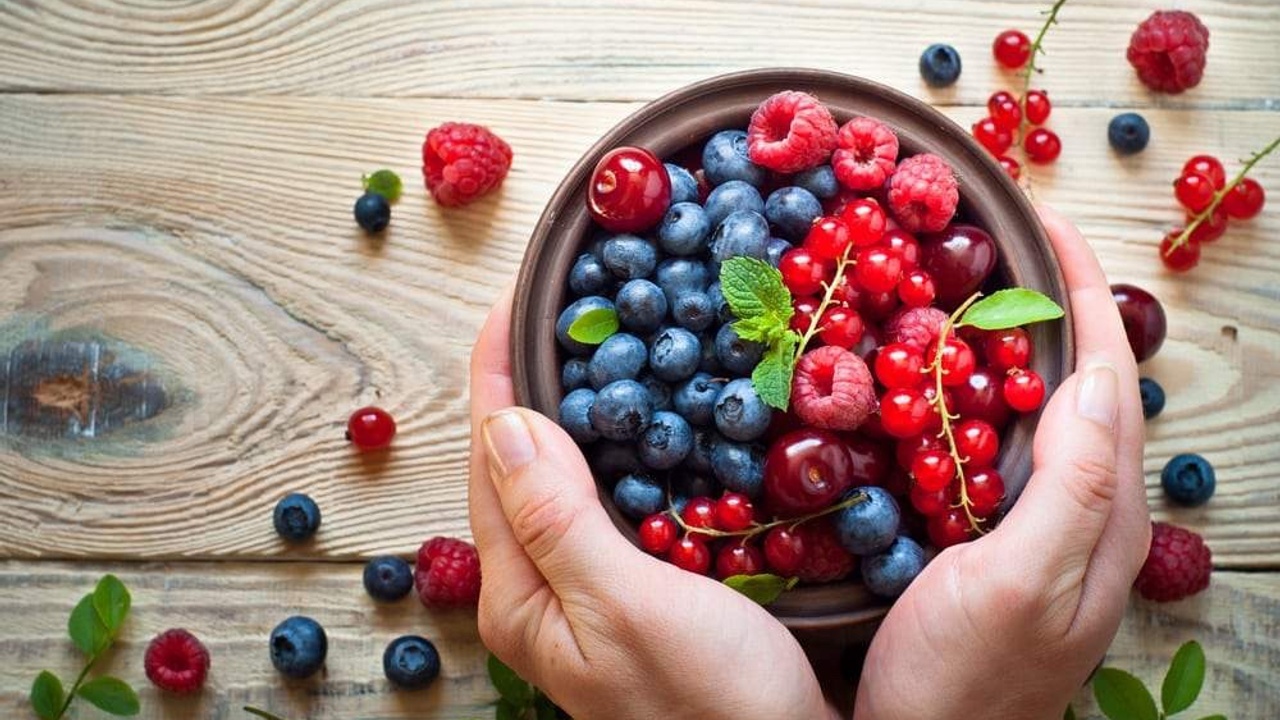Fabulous Flavonoids
Apr 15, 2021
Any of you that follow my work will know that I am just a wee bit obsessed with phytochemicals. These are chemicals in plants that aren't nutrients as such, in that they aren't essential to life and we can get deficiencies of them, but they can interact with our physiology. They have been the basis of a big chunk of my work over the years.
One phytochemical group in particular that you will often hear me talking about are the flavonoids. These are one of the largest phytochemical groups. They are secondary metabolites that give very rich colour pigments in foods from deep dark purples to vivid reds.
Benefits of flavonoids:
Antioxidant
Flavonoids have a long standing reputation as being effective antioxidants, particularly those of the flavanol and the flavan-3-ol varieties. Exactly how flavonoids deliver their antioxidant activity is still unclear, but there are certain types of cell in the body that they seem to have an affinity for in terms of protection against free radical damage. Red blood cells are a prime example.
Anti-inflammatory effects
Flavonoids, like most antioxidants, deliver an anti-inflammatory activity. Flavonoids do this by blocking the activity of the enzymes cyclo-oxygenase and lipoxygenase which are involved in the manufacture of series 2 prostaglandins that initiate and exacerbate inflammation.
Cardiovascular benefits
Flavonoids benefit the cardiovascular health in a few ways. Firstly they can lower blood pressure. Many studies, including the work undertaken by Professor Jeremy Spencer at The University of Reading have shown this happening in a dose dependant manner - ie the more the better. Flavonoids get taken up by the endothelial cells. The endothelium is the active skin that lines the inside of our blood vessels. When flavonoids get taken up by the endothelial cells, they cause a rapid metabolic distress that stimulates the production and release of Nitric Oxide. This then leaves the endothelial cells and enters the smooth muscle that makes up the vessel walls. Nitric Oxide causes these muscle fibres to relax, as they relax the vessel gets bigger, as it gets bigger, the pressure within it drops. This effect is transient but a regular intake of flavonoid rich foods can have a major impact on this.
Flavonoids also seem to protect blood lipids such as triglycerides and cholesterol from damage. This type of oxidative damage can cause damage to the endothelium which sets in motion the cascade of events that leads to heart disease.
Finally, some flavonoids such as quercetin and rutin can have an anticoagulant activity, meaning they can reduce excessive clotting of the blood.
Supports a healthy nervous system
There is some evidence emerging that flavonoids can offer a protective role to the health of the nervous system. They can reduce oxidative damage, help with nerve regeneration, and there is evidence to suggest high flavonoid diets can help slow cognitive decline.
Best flavonoid rich foods
Berries
Red Onions
Red Peppers
Red Wine
Green Tea
Dark Chocolate




